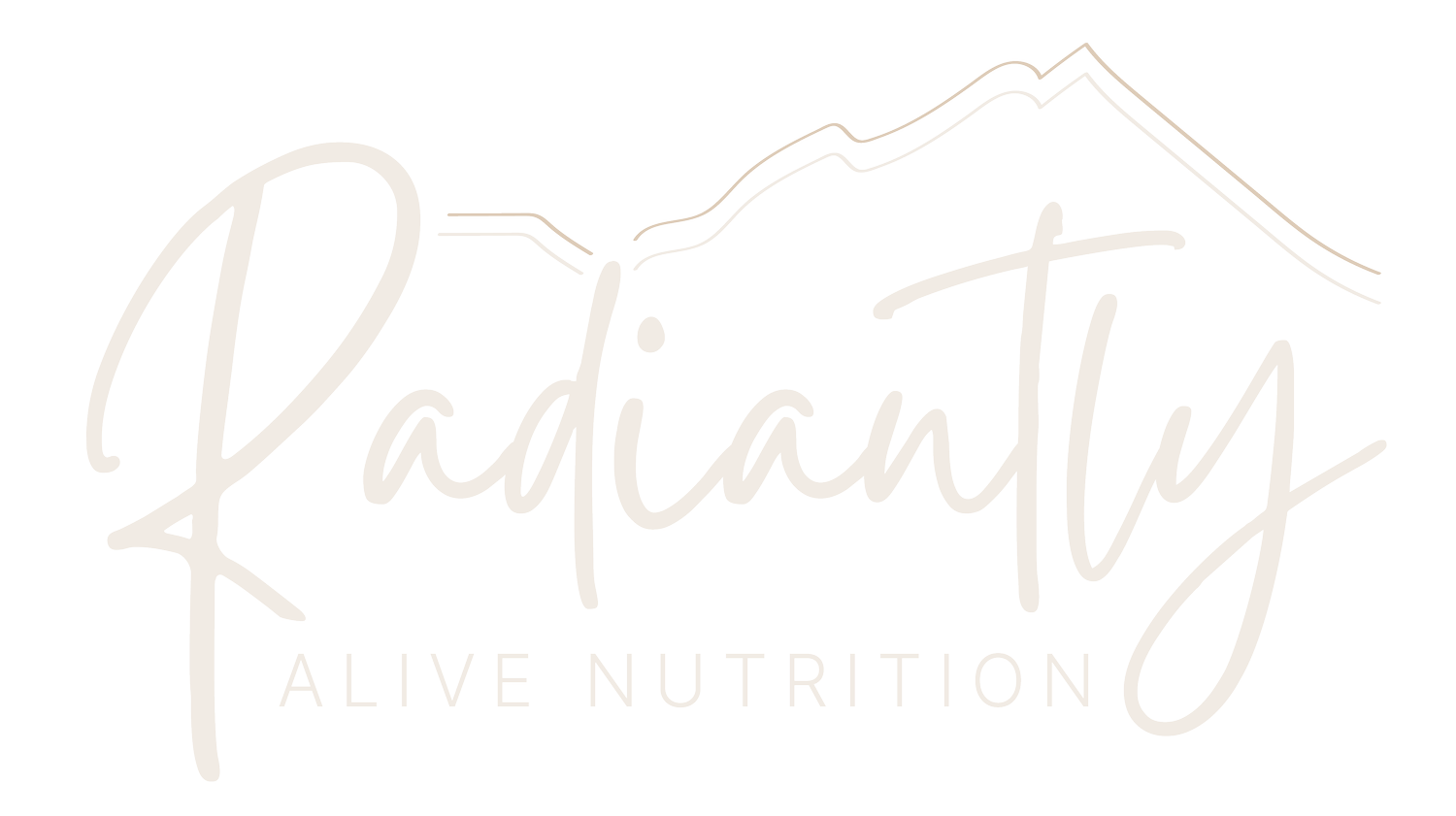How to Improve Your Hormones Naturally
Hormones play a vital role in our overall well-being, affecting our mood, energy levels, and even influencing our emotional state. Achieving hormonal balance is essential for maintaining a healthy and happy life.
Rather than relying solely on medications, adopting holistic practices can make a significant difference in regulating our hormones and promoting a sense of contentment. In this blog post, we'll explore some simple and effective holistic practices to support happy hormones and enhance overall well-being.
Prioritizing Balanced Nutrition
Hormone-balancing foods are nutrient-rich foods that can help regulate and support the production, release, and function of various hormones in the body. These foods can play a significant role in maintaining hormonal balance, promoting overall health, and reducing the risk of hormonal imbalances. Here are some hormone balancing foods that you can incorporate into your diet:
Whole Grains: Whole grains such as quinoa, brown rice, oats, and barley are rich in fiber and essential nutrients. They help stabilize blood sugar levels, which is essential for maintaining balanced insulin and cortisol levels.
Healthy Fats: Foods high in healthy fats, like avocados, nuts, seeds, and olive oil, are crucial for hormone production and regulation. These fats are also beneficial for maintaining healthy cholesterol levels and supporting brain health.
Leafy Greens: Spinach, kale, and other leafy greens are packed with nutrients like magnesium, which can help regulate cortisol levels and reduce stress. They are also rich in vitamins and minerals necessary for various hormonal processes.
Fatty Fish: Salmon, mackerel, and sardines are excellent sources of omega-3 fatty acids, which are essential for hormone production and have anti-inflammatory properties.
Berries: Blueberries, strawberries, and other berries are loaded with antioxidants, which can help combat oxidative stress and support hormonal health.
Cruciferous Vegetables: Broccoli, cauliflower, cabbage, and Brussels sprouts contain compounds that aid in detoxification and hormone metabolism, especially estrogen.
Fermented Foods: Foods like yogurt, kefir, sauerkraut, and kimchi are rich in probiotics that support gut health. A healthy gut is crucial for hormone regulation and absorption of nutrients.
Legumes: Beans, lentils, and chickpeas are excellent sources of plant-based proteins, fiber, and nutrients that contribute to hormonal balance.
Dark Chocolate: Dark chocolate (70% or higher cocoa content) contains flavonoids and antioxidants that can have a positive impact on mood and hormonal health.
Herbal Teas: Certain herbal teas like chamomile, peppermint, and green tea can have calming effects on the nervous system, helping to reduce stress hormone levels.
Seeds: Flaxseeds and chia seeds are rich in omega-3 fatty acids, which can help balance hormones, especially estrogen.
(Aim to reduce processed foods, sugar, and caffeine intake as they can lead to hormonal imbalances and mood swings.)
Reducing Stress & Prioritizing Sleep
Chronic stress can wreak havoc on your hormone levels. Incorporate stress-reduction techniques into your daily life, such as mindfulness meditation, deep breathing exercises, spending time in nature, or engaging in hobbies that bring you joy. Managing stress can have a profound impact on hormonal balance and overall well-being.
Adequate sleep is crucial for hormonal health. During sleep, our bodies release hormones that help repair tissues and regulate various bodily functions. Establish a consistent sleep schedule, create a relaxing bedtime routine, and ensure your sleep environment is comfortable and free from distractions.
Regular Exercise & Mindfulness Practices
Engaging in regular exercise is one of the most potent ways to promote happy hormones. Physical activity boosts endorphins, also known as "feel-good" hormones, which can elevate your mood and reduce stress levels. Find activities you enjoy, such as yoga, jogging, dancing, or swimming, and make them a part of your daily routine.
Mindfulness practices, such as yoga and meditation, can have a profound impact on hormonal health. These practices encourage a state of calmness and help regulate the stress hormone cortisol, leading to a more balanced emotional state.
Additionally, positive social interactions can trigger the release of oxytocin, often referred to as the "love hormone." Foster meaningful connections with family, friends, and loved ones, as they provide emotional support and can help reduce feelings of loneliness or isolation.
Avoiding Chemicals & Getting Sunlight
Certain chemicals found in personal care products, household cleaners, and plastics can disrupt hormone function. Opt for natural and eco-friendly alternatives to minimize exposure to harmful substances that can interfere with hormonal balance.
Natural sunlight is an excellent source of vitamin D, which plays a crucial role in hormonal health. Spend some time outdoors each day, especially in the morning, to get a healthy dose of sunlight and support your body's vitamin D production.
Holistic practices offer a powerful and natural way to support happy hormones and overall well-being. By focusing on balanced nutrition, regular physical activity, stress reduction, and positive social connections, you can take significant steps towards achieving hormonal harmony.
Embrace these simple practices into your daily life, and watch as they transform your mood, energy levels, and overall happiness. Remember, small changes can make a big difference, so start incorporating these practices today for a healthier, happier you.

